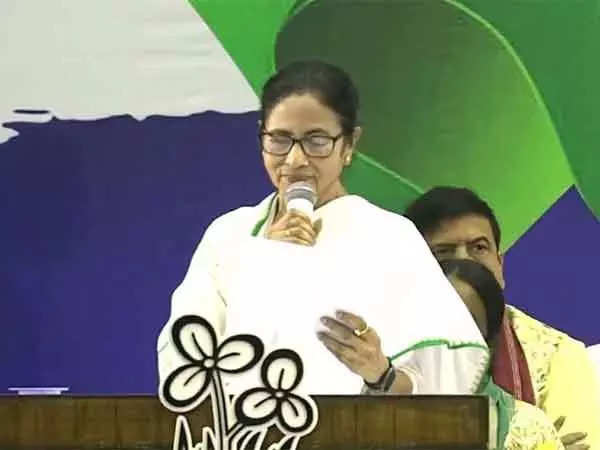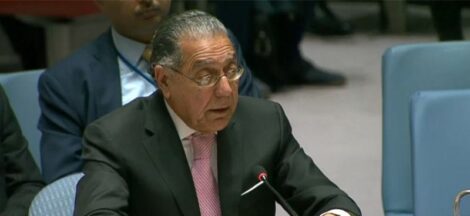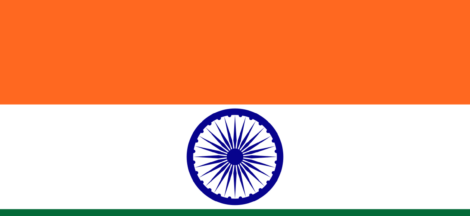A delegation from the Trinamool Congress met with West Bengal’s Chief Electoral Officer on Thursday, raising alarms about alleged “ghost voters” in the state’s electoral rolls. The party urged the Election Commission of India to assign unique identification numbers to all Electoral Photo Identity Cards to prevent potential electoral fraud.
Led by West Bengal party president Subrata Bakshi, the five-member delegation included Municipal Affairs and Urban Development Minister Firhad Hakim, Power Minister Arup Biswas, Minister of State for Finance Chandrima Bhattacharya, and Rajya Sabha MP Ritabrata Banerjee. They submitted a formal representation advocating for a system akin to Aadhaar and passports, where each voter card possesses a unique identifier.
Addressing the media post-meeting, Hakim accused the Bharatiya Janata Party of attempting to manipulate the electoral process. He emphasized that no two voters from different states should share the same EPIC number, asserting that unique identification is crucial for maintaining electoral integrity. Hakim also called for physical verification of voters registered online to prevent non-residents from casting ballots in West Bengal during the 2026 Assembly elections.
The TMC’s concerns stem from reports of identical EPIC numbers being assigned to voters across different states. The party alleges that such duplications could facilitate electoral malpractices, including the inclusion of non-residents in West Bengal’s voter list. They claim that similar tactics were employed in previous elections in Delhi and Maharashtra, leading to manipulated outcomes.
In response to these allegations, the ECI clarified that having the same EPIC number does not equate to duplicate or fake voters. The commission explained that before the implementation of the ERONET platform, different states and union territories used the same alphanumeric series for EPIC numbers. This decentralized approach resulted in identical EPIC numbers being allotted to electors in different Assembly Constituencies across various states and UTs. The ECI emphasized that, irrespective of the EPIC number, an elector can only vote at their designated polling station in their respective constituency.
However, the TMC dismissed the ECI’s clarification as a “cover-up,” citing the poll panel’s own guidelines that stipulate EPIC numbers should be unique within an Assembly Constituency. The party referred to the ‘Handbook For Electoral Registration Officers,’ which outlines that EPIC card numbers are an alphanumeric sequence of three letters and seven digits, with the three letters, known as a Functional Unique Serial Number , differing for every Assembly constituency. The TMC argued that it is, therefore, impossible for voters in two different Assembly constituencies, even within the same state, to have the same initial three letters on their EPIC. They questioned how identical EPIC numbers could be allotted to voters in West Bengal and individuals in states like Haryana and Gujarat.
Chief Minister Mamata Banerjee has been vocal about these concerns, alleging that the BJP, with the ECI’s complicity, is manipulating voter lists by adding fake voters. She claimed that such tactics were used to influence election outcomes in Delhi and Maharashtra and cautioned that similar strategies might be employed in West Bengal. Banerjee announced the formation of a committee to scrutinize the state’s voter list for bogus entries and urged the public to be vigilant against such electoral frauds.
The TMC’s internal core committee, established to address these issues, held its first meeting earlier this week. The party plans to launch a door-to-door survey starting this weekend to identify and eliminate fake voters from West Bengal’s electoral rolls. This initiative aims to ensure that only legitimate residents are registered to vote in the upcoming elections.
The BJP has dismissed the TMC’s allegations as baseless, accusing the ruling party in West Bengal of attempting to divert attention from its administrative failures. BJP leaders argue that the ECI operates as an independent body and that the electoral process is transparent and robust enough to prevent such discrepancies. They suggest that the TMC’s claims are politically motivated, aimed at creating confusion among voters ahead of the elections.
The issue of voter identification and the integrity of electoral rolls have been longstanding concerns in India’s democratic process. The introduction of EPICs was a significant step towards curbing electoral fraud. However, challenges persist, especially with the advent of online voter registration and the mobility of the population across states. The debate over unique identification for voters underscores the need for continuous reforms to strengthen the electoral system.




 Swiggy Expands Food Delivery Service To 100 Railway Stations
Swiggy Expands Food Delivery Service To 100 Railway Stations 